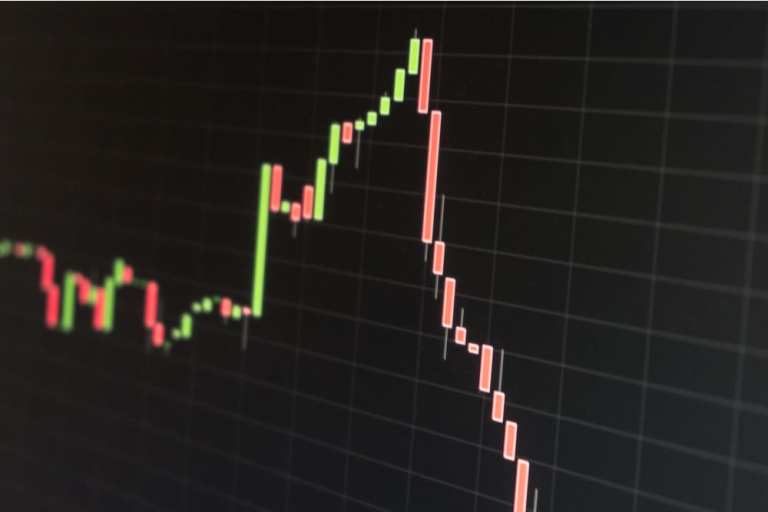Citi Analyst: Reg Compliance Could Cut Quarter Of Facebook Stock Value

With a warning that regulatory risks could take away over a quarter of Facebook’s stock value, analyst Jason Bazinet noted that the social media firm “likely” encounters three threats in the long term from the U.S. government. Citigroup had moved coverage of Facebook to Bazinet, who reportedly issued the warning out of the gate, Bloomberg reported.
Those threats encompass having to offer a service that is fully private to customers who pay, being forced to unwind the acquisition of Instagram and complying with new rules in the U.S. that mirror the General Data Protection Regulation of the European Union.
The risks could together wipe away $55 to $60 from the share price or approximately 30 percent of its current value. It’s not known now that all of the actions will be taken, but Bazinet said that the “risks are unlikely to be resolved in the next 12-24 months.”
Regulatory risks are not a new area for investors in Facebook, but most analysts have reportedly de-emphasize the chances that lawmakers in the U.S. would take sizable action against the company even with heightened scrutiny from Congress.
Just two analysts tracked by the outlet recommended selling shares of Facebook in comparison to 47 buy ratings and 6 neutral ratings. And, even with the regulatory overhang, Citi still recommends purchasing the shares and sees the 2020 and 2021 analyst estimates as too low.
In separate news, Piper Jaffray analysts gave Facebook a bullish initiation and overweight rating, citing the company’s finesse in handling bad press while leveraging investments at the same time. Facebook shares were $197.50 in premarket trading per reports on Tuesday (Dec. 3), down 1.1 percent.
Piper Jaffray gave it a $230 price target based on the newest quarterly results from the company, which reportedly illustrate that neither advertisers nor users have been adversely impacted by the company’s struggles.
The firm reportedly said the move was due in part to the continued shift of advertising dollars spent online, which is expected to rise approximately 10 percent over the next four years to 60 percent.